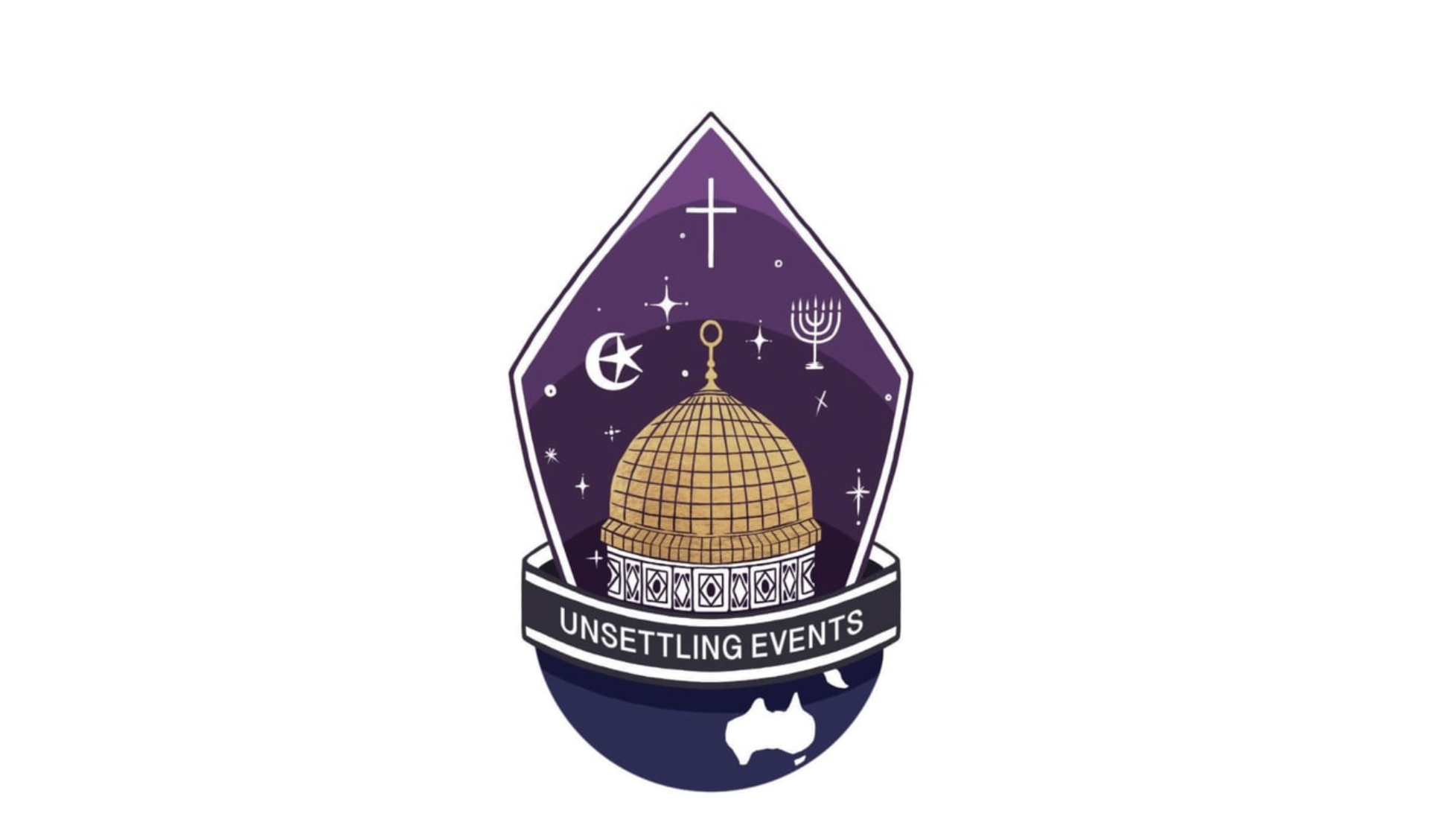Unsettling Events - by John Na'em Snobar - February

Antisemitism & the Palestinian experience
Antisemitism and the Palestinian experience are deeply connected. After all, the State of Israel was created due to antisemitism experienced by non-Palestinian Jews.
For Palestinians, antisemitism is sometimes experienced as erasure of Palestinian identity, due to the demographic reversal of the Palestinian people. It was due to demographic reversal that a State whose emblems, laws, and national character was distinctly Jewish course arise in a non-Jewish country.
While antisemitism was the reason that the State of Israel was created, for Palestinians, the creation of this state is not read as salvation for the Jewish people. This is because what might be salvation for Jews, was a catastrophe for the Palestinian people.
Antisemitism is therefore experienced by Palestinians firstly as an assault on their own sense of nation, and secondly as something that affects people who are Jewish. Jews wishing to engage with Palestinians will find empathy if they engage with the Palestinian experience of Exile/Nakba. In the same way, Palestinians wishing to engage with Jews, will find empathy if they engage about antisemitism.
Engaging each other on our experiences is how leaders will build empathy between Palestinians and Jews. Like Palestinians, non-Palestinian Jews have experienced a history of trauma, which shapes their perspective on antisemitism. Our own trauma as Palestinians, arising from the Palestinian Exile of 1948AD - known to Arabs as the ‘Nakba’ - is the reason many Palestinians find it challenging to engage on antisemitism.
Whenever I have engaged successfully with a Jew on matters concerning Palestine/State of Israel, it has been on the topic of antisemitism. My conversations about antisemitism as a Palestinian have often been surprising to Jews, who do not expect to find empathy. But empathy is in my blood, because after all, I am Palestinian, and Palestinian values are love, empathy, and kindness. Are those not Jewish values too?
From my own perspective, antisemitism is a vicious cycle, which is also driven by Jewish fears of antisemitism. If you are aware, then you will know that there is a check, and challenge function involved in antisemitism. Fears of antisemitism are therefore not unfounded, and at the same time, they manifest as feelings of erasure and gaslighting, for Palestinians. This makes discussing antisemitism between Palestinians and Jews exceptionally difficult.
For Palestinians, it has become a challenge to distinguish between our sense of nation, resistance to occupation, and accepting that antisemitism is as prevalent as it is. The reason for the latter is simply that the State of Israel was created due to antisemitism, and that it was created in Palestine.
But does accepting that antisemitism exists rule out one's ability to advocate for a Palestinian State? Are we able to transcend our current reality to understand the perspective of the other? Surely the challenge for political and spiritual Jewish and Palestinian leaders today is addressing the impact of antisemitism, including on Palestinians?

